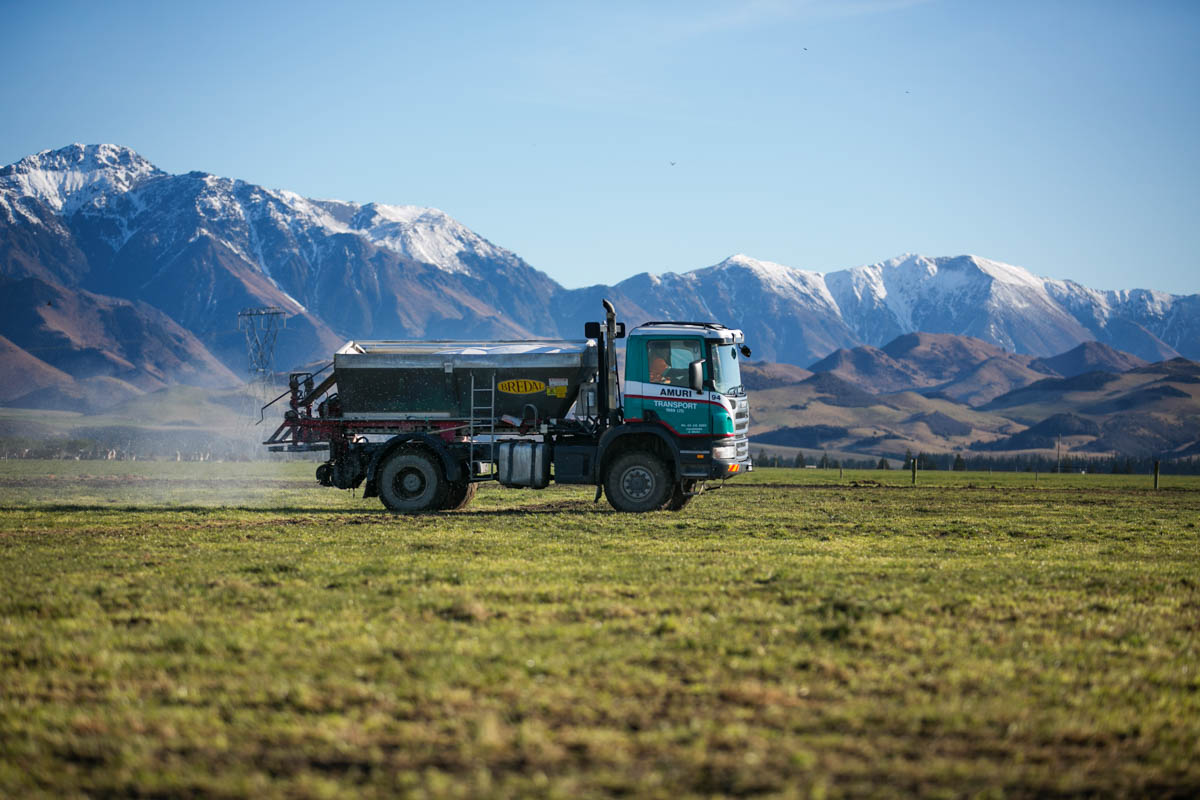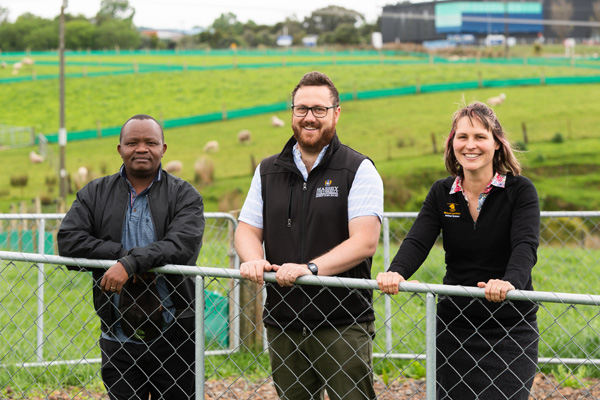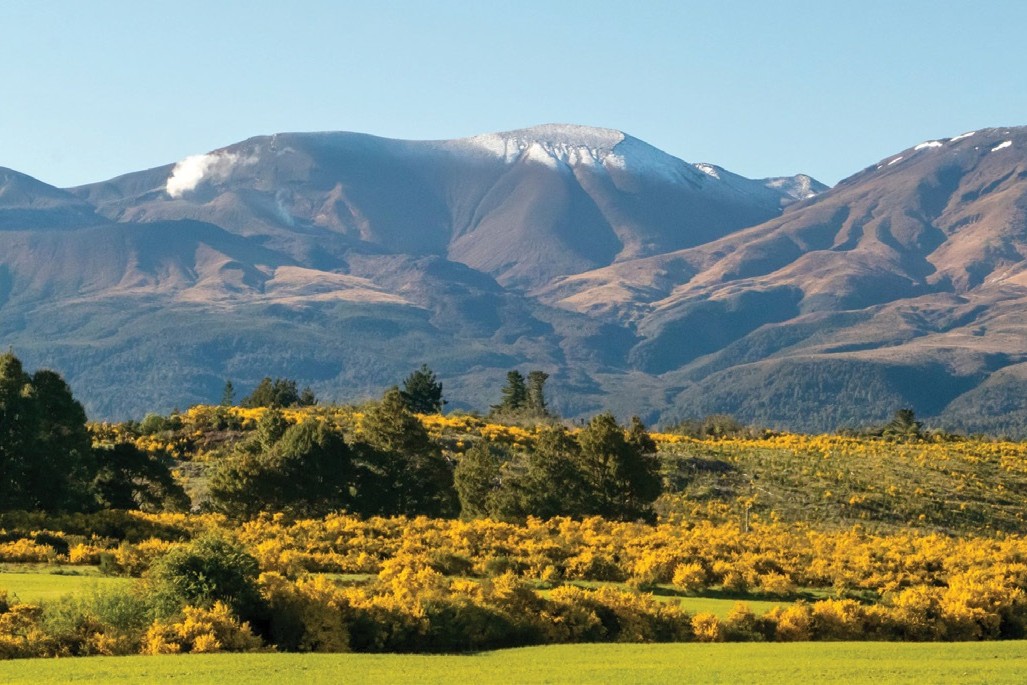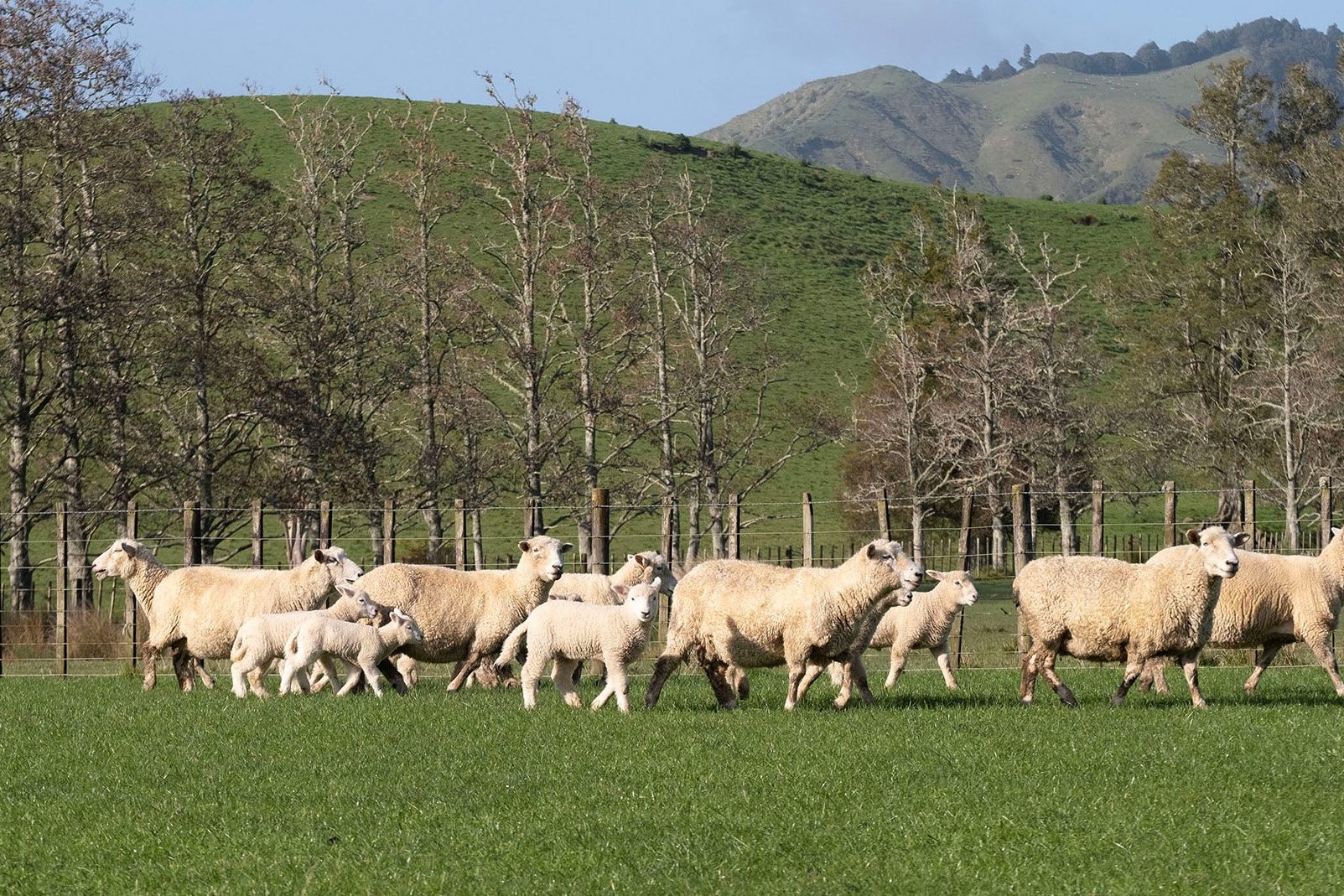He Waka hurts extensive farms
By Rebecca Greaves

Tararua sheep and beef farmer Simon Hales has grave concerns He Waka Eke Noa proposals will punitively tax extensive farms relative to more intensive ones. His primary concern is that it fails to recognise early adopters of good environmental practices.
Simon and his wife Trudy run Kereru Farm at Weber and are past winners of the Tararua Sheep and Beef Farmer of the Year and Ballance Farm Environment Award for the Horizons region, attracting plaudits for their commitment to the environment.
He was asked to be part of a farmer reference group on He Waka due to his role on the Beef + Lamb NZ farmer council and environment reference group. It utilised his day-to-day experience of east coast North Island hill country farming.
His preference would be for a farm-level option for pricing agricultural emissions, and says what is proposed misses the mark.
“Both option 1 and 2 as proposed, unnecessarily punishes extensive farming operations with the outcome pushing them to look at afforestation options. This would take out the extensive farms that, per hectare, have lower emissions.”
The Hales have already undertaken significant work on their farm to mitigate their emissions and he would call himself an early adopter in this respect.
“In all I’ve read, those early adopters are not being recognised. I will be paying for emissions but I won’t have so many options to lower my emissions because we have already done that work. Some of the talk is that even getting a definition of an ‘early adopter’ has been difficult.”
The other issue Hales sees is that both options focus solely on emissions but not the actual warming created by farming systems. “Is it about emissions or is it about the warming you are creating on your farm? They’re not the same thing.”
He would like to see everything captured in one place, in the farm plan, rather than siloed into different sections, like freshwater or carbon emissions.
“It seems crazy to set up a whole new system and not look at the whole farm system as one.”
Hales says it appears there is a big opportunity to tie all these things in and give farmers a better understanding of their farming system and where the opportunities are too.
Hales was one of a group of farmers who wrote an open letter giving feedback on the He Waka proposal. He believes the letter is an example of good feedback on consultation. He hopes their concerns about the proposed options will be taken seriously and fears, if nothing changes, there will be serious consequences not just for sheep and beef, but for the wider agricultural sector.
One of the reasons given that the farm-level option wasn’t good was that the cost of administering it would be high.
He believes there is already an opportunity within the IRD to set up a system to administer this.
“I don’t think we need a new system when there’s already something all farmers use when they file their end-of-year returns. I feel the costs are being overstated and if that is the reason for not considering this approach, it needs to be reconsidered.”
Hales says he is not suggesting farmers do nothing because it is imperative we manage climate warming. To do this he is encouraging all farmers to know where they sit and what their emissions are.
“Once you have that information you can form a clear opinion about how it will work for your farm, and what you can do to mitigate your emissions.”




